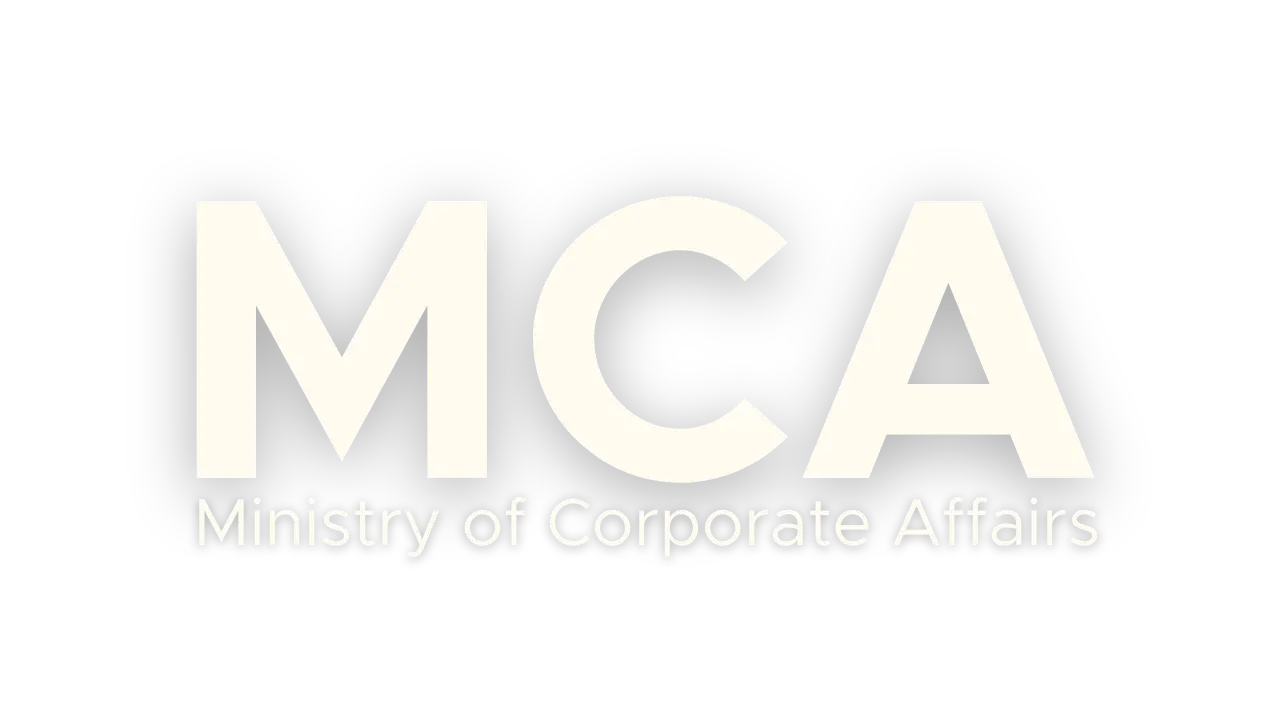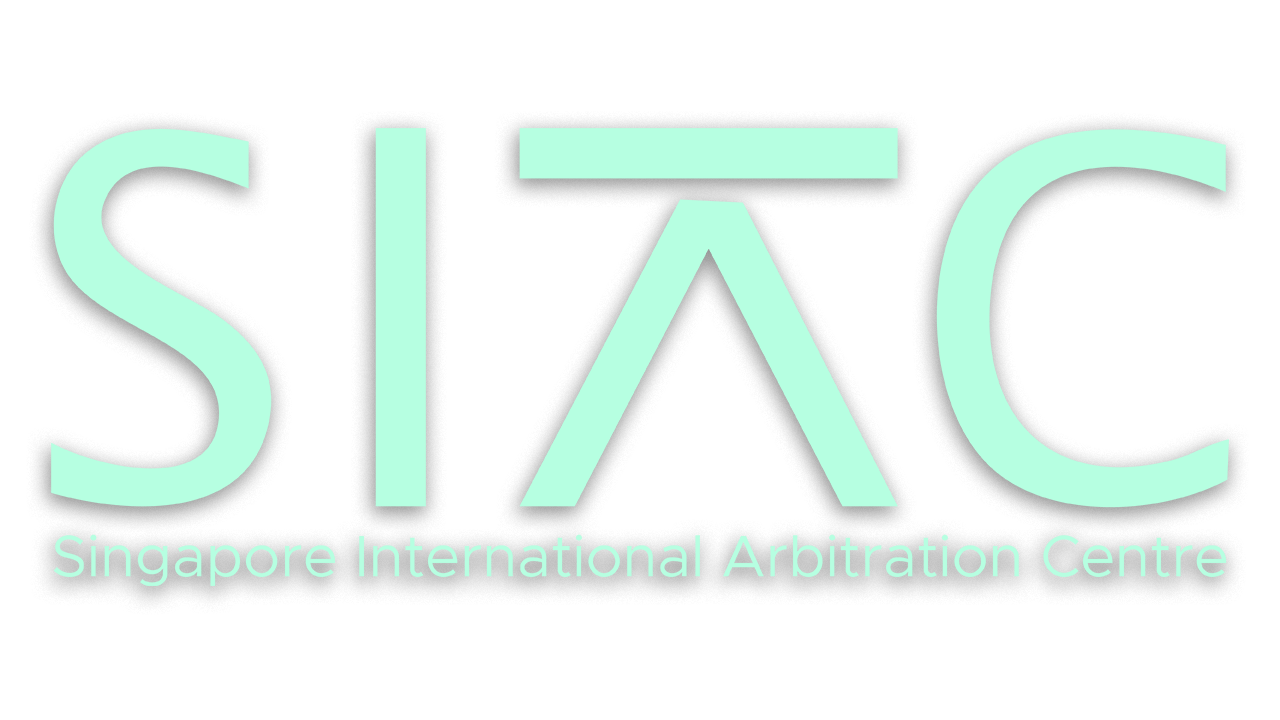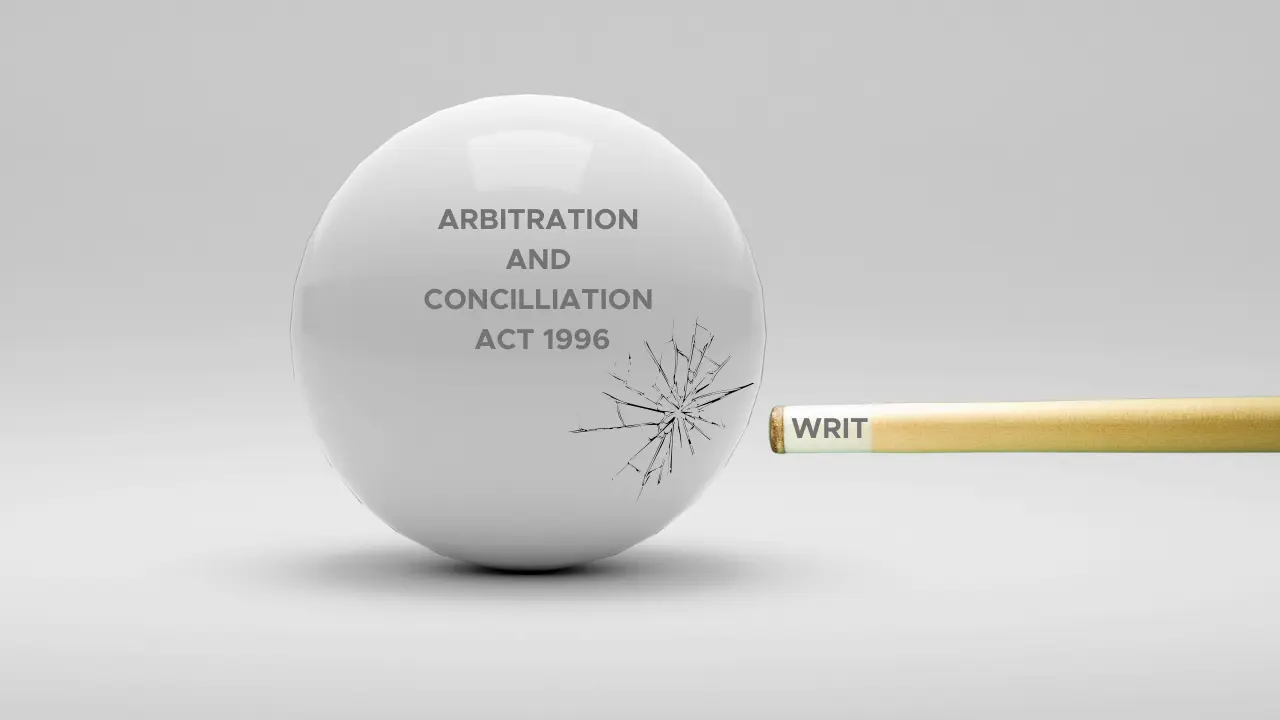To simplify corporate restructuring and improve the ease of doing business in India, the MCA proposed amendments vide file no.:2/31/CAA/2013CL-VPART on April 5, 2025, to the Companies (Compromises, Arrangements, and Amalgamations) Rules, 2016. These changes aim to broaden the scope of fast-track mergers under Section 233 of the Companies Act, 2013, by including certain unlisted companies with limited debt and no defaults, non-wholly-owned unlisted subsidiaries, and mergers between fellow subsidiaries, in addition to the existing provisions for small companies, wholly-owned subsidiaries, and startups. Furthermore, the draft also seeks to consolidate cross-border merger rules within Rule 25, creating a more comprehensive framework.
To grasp the concept of company mergers or amalgamations, it’s crucial to understand Section 233 of the Companies Act, 2013. This section carves out a streamlined pathway for such corporate restructuring, offering a departure from the often intricate and time-consuming approval process overseen by the NCLT. Instead, the regulatory green light for mergers under Section 233 is primarily granted by the central government through its regional directors, facilitating a notably faster procedure for qualifying entities. At present, this simplified route is applicable to mergers involving two or more small companies or between a holding company and its entity where it holds 100% ownership. However, the proposed amendments are poised to broaden the reach of this efficient mechanism considerably, bringing a larger segment of the corporate world within its ambit.
The key proposed changes include:
- Inclusion of certain unlisted companies: Allowing mergers between unlisted companies.
- Expansion to non-wholly-owned subsidiaries: Extending the scope to include mergers between a holding company (listed or unlisted) and its unlisted subsidiaries, even if they are not wholly-owned.
- Inclusion of mergers between fellow subsidiaries: Permitting mergers between unlisted companies that share the same parent entity.
- Consolidation of cross-border merger provisions: Incorporating the existing provisions for mergers between a foreign holding company and its wholly-owned Indian subsidiary into Rule 25.
The fast-track merger process under Section 233 involves a structured yet efficient series of steps. Initially, the merging companies must issue a notice of the proposed scheme, inviting objections or suggestions from regulatory bodies and affected parties within 30 days. Subsequently, the scheme requires approval from 90 percent of shareholders and creditors by value.
Each company must also file a declaration of solvency. Upon receiving these approvals, the transferee company submits the scheme to the central government for registration and confirmation, provided no objections are raised.
The legal implications of a successful fast-track merger include the automatic dissolution of the transferor company without a separate winding-up process, the seamless transfer of all assets and liabilities to the transferee company, the cancellation of any shares held by the transferee in the transferor, and the updating of the transferee’s authorized share capital.
Conclusion
In a move towards transparency and stakeholder engagement, the MCA has released these draft amendments to the Companies (CAA) Rules, 2016, for public consultation, encouraging stakeholders to provide their feedback by May 5, 2025. This expansion of fast-track merger provisions represents a significant step towards a more agile and accessible corporate restructuring landscape in India, promising to reduce complexities, lower costs, and enhance operational flexibility for a broader range of companies, ultimately fostering a more dynamic and competitive business environment.
Citations
1. Ministry of Corporate Affairs
2. National Company Law Tribunal
3. Compromises, Arrangements, and Amalgamations
Expositor(s): Adv. Archana Shukla






